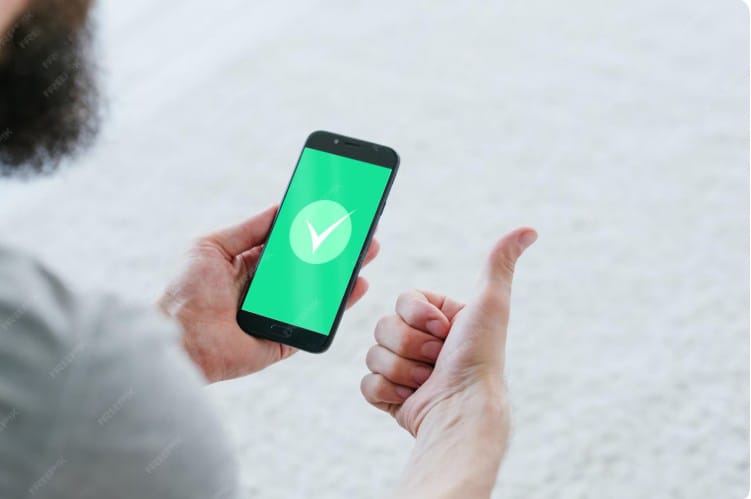Why Businesses Without WhatsApp Chatbots Are Falling Behind? Don’t Let Yours Be the Next!

Introduction
A chatbot is a programmed software mimicking human conversation or chitchats with an end-user through text messages or voice interactions. Modern chatbots are using AI techniques increasingly, such as natural language processing (NLP) to understand user questions and generate automated answers.
With more than 535 million active users till May 2024, India has the largest number of WhatsApp users in the world. WhatsApp offers an app for managing business profiles and interacting with its customers through WhatsApp chatbot for business. With 481 million downloads till February 2024, India has the most WhatsApp Business downloads in the world. This means business owners find WhatsApp the best way to reach out to their existing and potential customers to promote their products or services, engage with them, and provide faster responses through WhatsApp chatbot.
What is a WhatsApp chatbot?
WhatsApp uses an AI chatbot or WhatsApp bot, which is a pre-programmed or automated software with which businesses reach out and engage with customers fast.
For example, Starbucks’ WhatsApp chatbot allows its customers to place and pay for orders, give personalized recommendations, and promote its products. The beauty of WhatsApp bot is that, any business, small or big enterprise can use these capabilities and take their business to the next level.
Should your business have its own WhatsApp bot?
With 535 million active WhatsApp users, the easiest and fastest way to reach out to new and old customers for business owners is to use WhatsApp. For messaging a handful of customers, manual messaging and responding to customer messages could be feasible somehow, though difficult. But as your business grows, handling increased customer support becomes increasingly challenging, and messaging each customer manually, and answering every question immediately will not be possible. Customers will have to wait for their turns and might leave. In fact, abandoning checkouts by online shoppers that 53% of eCommerce businesses face is due to dissatisfied buyers leaving due to a lack of instant replies to their queries.
Here is a list of the advantages of having your WhatsApp chatbot for business:
o Better Customer Engagement.
o Automated replies to frequently asked questions (FAQs).
o Improved customer service.
o Increased conversion rates.
o Timely support to users 24/7.
o Cost-effective, as it reduces the need for a large customer service team.
o Personalized customer interaction based on user data.
How to Set Up a WhatsApp Chatbot for Business?
Setting up a WhatsApp chatbot for business is easy and can be done in a few steps.
Select a Platform
Several reliable platforms are available. Here are a few examples:
i) Twilio – seamless integration with WhatsApp, extremely customizable so you can tailor it to your business needs. Offers pay-as-you-use service starting with:
0 Conversations, 0 Messages = $0.00 and $0.0014/Conversation, $0.005/Message.
ii) Dialogflow-this Google powered platform has natural language processing features making it smarter and more conversational. However, you will require middleware services to handle the integration. It gives $600 credit for a free trial which expires after 12 months.
iii) ManyChat- it has a user-friendly interface and you can create your own chatbots without much coding knowledge. It offers the first 1,000 conversations per month free followed by charges based on the type and volume of conversations. A good option for small and medium-sized businesses looking to deploy a chatbot fast.
Integrate with WhatsApp
Your selected chatbot now has to be integrated with your WhatsApp Business account. The steps are:
i) Signing up with WhatsApp Business API directly via Facebook by submitting your business details and receiving approval.
ii) Creating your WhatsApp Business account (if not done yet).
iii) Connecting with your platform by following the specific instructions given by the platform, including generating API keys and configuring webhooks.
iv) Creating and customizing your chatbot using the tools of your platform.
Testing, Going Live, Monitoring
Ensure your chatbot works as per your expectations by testing it extensively before going live and making adjustments if needed. After going live, monitor its performance and collect user feedback to optimize.
Conclusion
As we discussed, integrating a WhatsApp chatbot into your business strategy can streamline and improve your customer service to bring more engagement and increase sales. Some easy-to-implement chatbots are Twilio, Dialogflow, and ManyChat can help you with automation giving personalized experiences and helping your business stay competitive.



